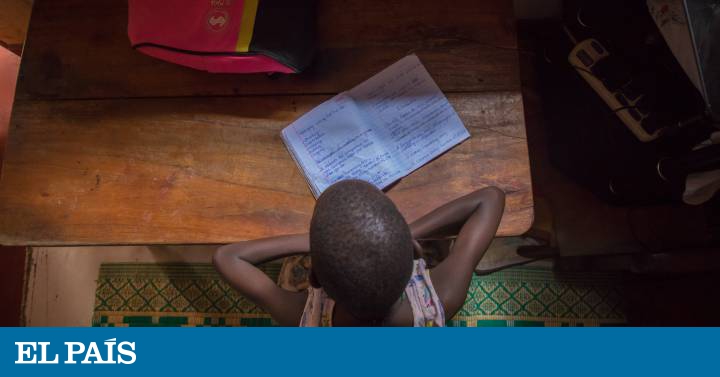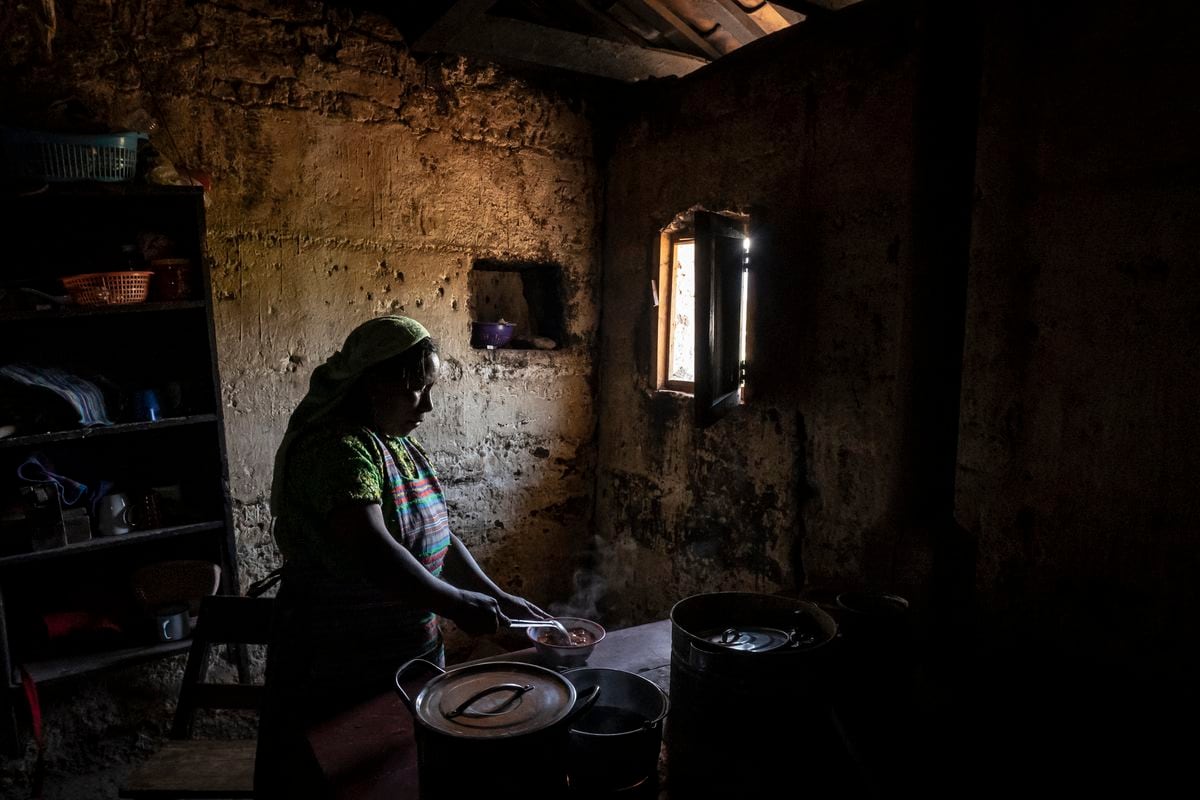Every year the world progressed a little, with more children in schools, more life expectancy and better health indicators. Perhaps not fast enough or desired, but progress was being made. Until 2020. This year, for the first time since 1990, it will go backwards. This is the warning issued by the United Nations Development Program (UNDP) that has been preparing the so-called Human Development Index (HDI) for three decades and that for its 2020 edition it does not obtain encouraging data.
"The world has seen many crises in 30 years, including the financial one in 2008. They have all hit human development hard, but overall, global progress has been made each year," said Achim Steiner, UNDP administrator, in a virtual meeting with journalists. But the one that the planet now lives through the SARS-CoV-2 virus "is different," says Heriberto Tapia, a researcher at the organization, in a subsequent telephone conversation. It is so because the covid-19 pandemic has a full and simultaneous impact on all elements of existence with which human development is measured: people's health, education and income. This will not only cause the world to recede, but it will also do so in a "significant way, equivalent to the variations of six years of progress", he specifies.
MORE INFORMATION
- Achim Steiner: "There is a risk that a decade or two of progress will be lost in many countries"
- Will they resist?
- Latest news of the coronavirus in Africa
All three values have experienced setbacks since the beginning of the crisis, both in poor and rich countries in all regions. Although, the UNDP forecasts indicate that the fall will be uneven. The least developed, who have fewer resources to manage the social and economic effects, will suffer the worst. "There are people who can work and study from home. But another population does not have those opportunities. Half the planet does not have access to the Internet. There are 3,000 million people who cannot even wash their hands at home," reflects Tapia.
The health effects are obvious. To date, more than five million people have been infected with the new coronavirus and more than 325,000 have died from it. In addition, confinement measures and the diversion of health funds to the attention of covid-19, will affect negatively. "This year, it is estimated that between 250,000 and 1.2 million additional child deaths will occur. With the lower number, this 2020, life expectancy is not going to increase, as it has been growing annually, but is going to be maintained" , details Tapia.
Education does not escape the debacle. The closing of schools has affected between 1,400 and 1,500 million children; But while there are those who can continue their training through the Internet, others do not have that option. According to UNDP calculations, 60% of children of primary school age are not receiving any education. "By the end of the year, the effective rate of out-of-school children will be what the world had in the 1980s," Tapia notes.
The poorest will be the pagans. The report presented this Wednesday indicates that 86% of primary school children are currently out of school in countries with low human development, compared to 20% in the nations at the top of the table. If it does not improve in the remainder of 2020, this indicator will be another drag on the progress of the world that is measured with the HDI.
The income of families and their quality of life are the other variables with which human development is calculated. Nor do they record data for hope. The economic recession - the World Bank calculates a fall of almost 5% of world GDP by 2020 - and the loss of jobs is a blow to progress and the fight against extreme poverty, in which 60 million people could fall, according to this entity, in addition to the 736 million who already live on less than $ 1.90 a day.
By the end of the year, the effective rate of out-of-school children will be the one that the world had in the eighties
"And we are in May; this is our evaluation, relatively conservative, of how we could be at the end of the year," says Tapia. But it is not inevitable. "We can stop the setback, but decisive action is needed. It is essential that the correct measures be taken," says the UNDP researcher. "With the right treatment, you can return to normal quickly, although there is a risk that the positive path of progress will be abandoned," he adds.
International collaboration is very important to the expert. "Developing countries do not have the capacity to implement large aid packages like those that are being approved by the richest nations. Nor do they have to borrow," says Tapia. And they will need support. So far, he says, most of the cases have occurred in developed countries, but in recent days there has been "a turnaround" in this regard. "A tough second half of the year awaits us," he continues. Although, "luckily, the least developed have been quick to put in place policies to slow the advance of the virus, they will need help to guarantee the health and education of their population," he added.
A message that the UN Secretary-General himself, Antonio Guterres, reiterated this Wednesday, with his sights set on Africa, which concentrates most of the countries with a low Human Development Index. "The pandemic threatens Africa's progress. It will exacerbate long-standing inequalities and increase hunger, malnutrition and vulnerability to disease," it said in a statement. Therefore, he called for "solidarity" with the continent, where the new coronavirus has claimed almost 3,000 lives to date and more than 95,000 confirmed cases have been reported. Fewer than feared, but that could increase rapidly, the president warned.
"African countries should also have rapid, equitable and affordable access to any vaccine and treatment, which should be considered global public goods," Guterres claimed in his statement. The United Nations Development Program points to other supports in its study. Thus, for this institution, a fundamental measure so that the setback in the world is not the one shown by the numbers is to close the digital divide.
UNDP calculates that closing the digital divide in low- and middle-income countries would cost just 1% of the extraordinary packages of fiscal measures - eight trillion dollars - of support approved so far worldwide in response to the covid- 19. "We do not launch fixed recommendations for each country, but we hope that there will be an emphasis on modernizing the world," Tapia notes. "You can get out of this crisis by helping people now and making them better prepared for the future." It will be necessary because the tensions that existed before everything was put on hold by the pandemic, the protests against inequality and climate change will return. "And maybe stronger."
You can follow PLANETA FUTURO on Twitter and Facebook and Instagram, and subscribe here to our newsletter.








